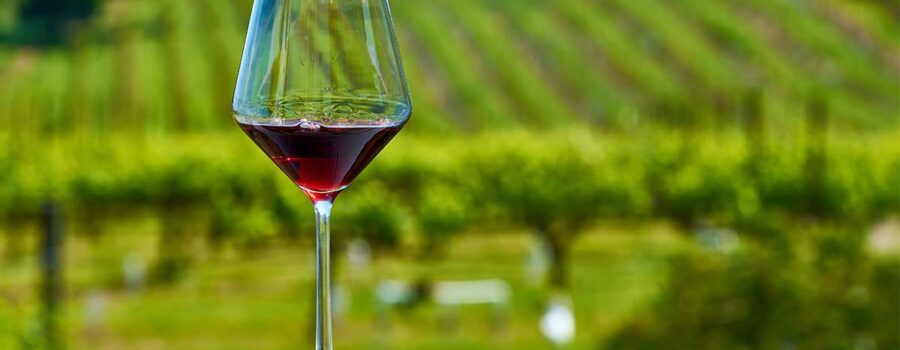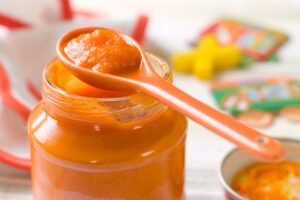What’s All the Fuss About Glyphosate in Wine?
Ever poured yourself a nice glass of California wine at the end of a long day? Well, hold onto your glasses folks, because it turns out that some of our favorite reds and whites might come with a little more than just grapes. Yep, I’m talking about glyphosate – that herbicide that’s been buzzing in the news for a while now. It’s mostly used to keep the weeds away, but it seems like it’s making its way into wine barrels too.
Glyphosate is like that uninvited guest at your garden party. It’s there because it was in the soil, and from there, it just hops into the grapes and, voila, it’s in your wine glass!
Why Should We Worry About Glyphosate in Wine?
Now, glyphosate messing with our wine is more than just crashing the party; it’s crashing our body’s natural functions. This stuff has a knack for throwing a wrench in our gut microbiome – that’s the tiny world of bacteria in our digestive system that helps us digest food, fight germs, and even stabilize our mood. When glyphosate walks in, it can disrupt this delicate balance, which might affect everything from our stomach’s comfort to our overall health.
Organic vs. The Rest: A Wine Dilemma
You’d think grabbing an organic wine off the shelf would dodge the glyphosate bullet, right? Well, it’s a bit trickier than that. Even some wines wearing the “organic” badge have been caught with glyphosate at the party. Turns out, organic vineyards can get a little cross-contamination from their non-organic neighbors or even from their past life before they turned organic. So, while organic is generally a safer bet, it’s not a foolproof plan unless they’re testing the wines to confirm they’re glyphosate-free.
Choosing Wisely: Glyphosate-Free Wines
If you want to keep your wine sessions clean, look out for labels from places where glyphosate is a big no-no – think wines from Spain, Italy, or the Netherlands. These countries have put their foot down and banned the chemical outright. Back in the U.S., some stellar winemakers not only stick to organic practices but also double-check their wines to make sure they’re clean. These guys often highlight their extra effort right on the label, making it easier for us to pick a safer sip.
Let’s Toast to Cleaner Wines
Alright, so the idea that there might be a dash of herbicide in your wine glass can be a bit of a downer. But hey, the silver lining here is that we’ve got options and knowledge on our side. Next time you’re wine shopping, a quick peek at the label can make all the difference. Here’s to enjoying that next glass with a little more peace of mind – cheers to good wine and even better health!
References:
- Honeycutt, Zen. “Widespread Contamination of Glyphosate Weedkiller in California Wine.” Moms Across America, d3n8a8pro7vhmx.cloudfront.net/yesmaam/pages/680/attachments/original/1458848651/3-24-16_GlyphosateContaminationinWineReport_(1).pdf?1458848651.
- “Organic Research.” The Dirt Doctor, www.texasorganicresearchcenter.org/organic-research-page/Glyphosate-found-In-100-Of-California-Wines-Tested-Even-Some-Labeled-Organic_vq12656.htm#:~:text=Before%20you%20pop%20open%20a,awareness%20group%2C%20Moms%20Across%20America. Accessed 10 May 2024.
- Walsh, Lauren et al. “Impact of glyphosate (RoundupTM) on the composition and functionality of the gut microbiome.” Gut microbes vol. 15,2 (2023): 2263935. doi:10.1080/19490976.2023.2263935
- Puigbò, Pere et al. “Does Glyphosate Affect the Human Microbiota?.” Life (Basel, Switzerland) vol. 12,5 707. 9 May. 2022, doi:10.3390/life12050707
- Fogliatto, Silvia, et al. “Current and Future Scenarios of Glyphosate Use in Europe: Are There Alternatives?” Advances in Agronomy, 2020, pp. 219–278, doi:10.1016/bs.agron.2020.05.005.








